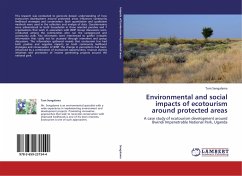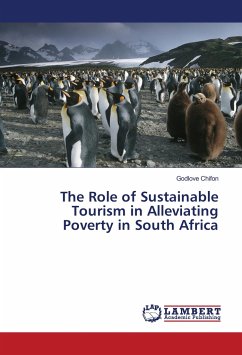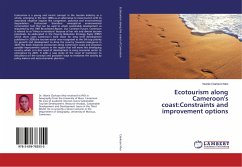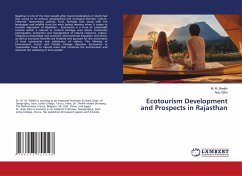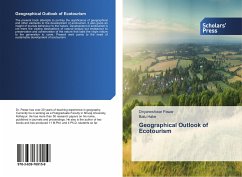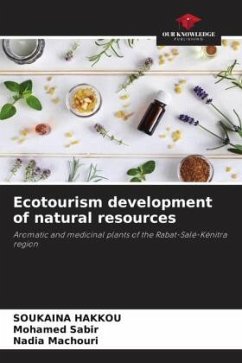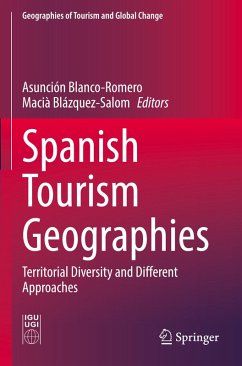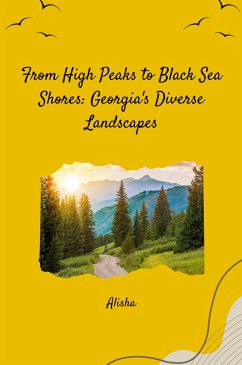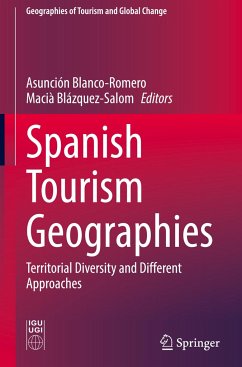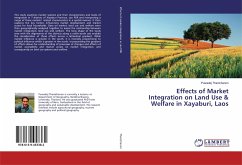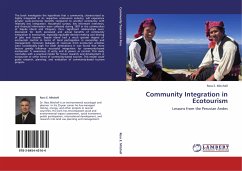
Community Integration in Ecotourism
Lessons from the Peruvian Andes
Versandkostenfrei!
Versandfertig in 6-10 Tagen
52,99 €
inkl. MwSt.

PAYBACK Punkte
26 °P sammeln!
This book investigates the hypothesis that a community, characterized as highly integrated in its respective ecotourism industry, will experience greater socio-economic benefits compared to another community with relatively low integration. Household surveys, key informant interviews, and financial information were collected during 1997 in the communities of Taquile Island and Chiquian, Peru. Significant relationships were discovered for both perceived and actual benefits of community integration in ecotourism, especially equitable decision-making and sharing of jobs and income. Taquile Island...
This book investigates the hypothesis that a community, characterized as highly integrated in its respective ecotourism industry, will experience greater socio-economic benefits compared to another community with relatively low integration. Household surveys, key informant interviews, and financial information were collected during 1997 in the communities of Taquile Island and Chiquian, Peru. Significant relationships were discovered for both perceived and actual benefits of community integration in ecotourism, especially equitable decision-making and sharing of jobs and income. Taquile Island had a much greater degree of ecotourism control in terms of local participation in ownership and management. However, leakages of revenues from ecotourism activities were considerably high for both destinations. It was found that three factors greatly influence successful integration for community-based ecotourism: 1) awareness; 2) unity; and 3) power, or control. This study concludes with a practical model for future research and development in ecotourism or other forms of community-based tourism. This model could guide research, planning, and evaluation of community-based tourism projects.



